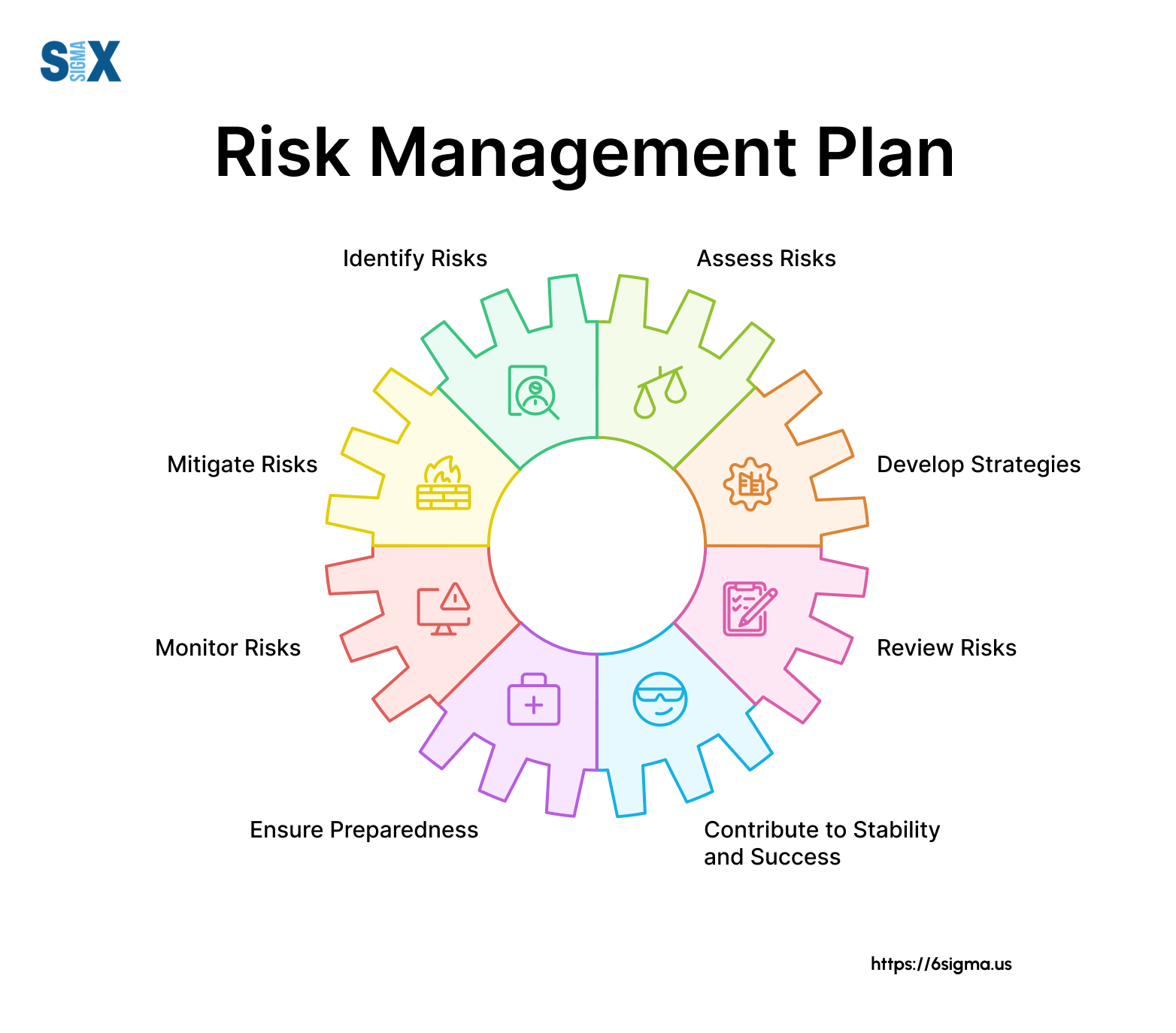The Significance of Understanding the Significance of Risk Management in Various Industries

The Core Idea of Risk Management and Its Function
Risk Management, the cornerstone of many sectors, depends upon the recognition, analysis, and reduction of uncertainties in a service environment. It is an integral technique that enables companies to protect their assets, track record, and general survival. By appropriately determining potential threats, organizations can create methods to either protect against these risks from taking place or lessen their impact. The evaluation process includes evaluating the possibility and possible severity of these dangers. When threats have actually been determined and examined, the reduction process includes creating methods to lower their possible effect. This process is cyclical and ongoing, making sure that organizations are planned for the ever-changing nature of Risk in different markets. The primary purpose, thus, is to promote durability amidst uncertainties.
Benefits of Carrying Out Risk Management in Company Operations

Introducing the Duty of Risk Management in Different Industries
While every industry challenges its special set of threats, the implementation of Risk Management techniques continues to be a typical in their quest of sustainability and development. In the healthcare market, Risk Management requires making certain person safety and security and information protection, while in money, it includes mitigating financial investment dangers and guaranteeing regulative conformity (importance of risk management). Building firms focus on employee safety and security, job delays, and spending plan overruns. In the innovation field, firms reduce cybersecurity dangers and modern technology obsolescence. Inevitably, the role of Risk Management throughout industries is webpage to identify, analyze, and reduce threats. It is an essential element of critical preparation, making it possible for organizations to safeguard their possessions, make the most of chances, and accomplish their objectives.
Real-life Study Showing Successful Risk Management
To understand the relevance of Risk Management in these lots of sectors, one can look to a number of real-life circumstances that illustrate the successful application of these actions. Toyota, publish the 2011 quake in Japan, modified its supply chain Management to decrease disruption risks. These situations demonstrate how industries, discovering from situations, effectively applied Risk Management methods to reduce future risks.
Future Patterns and Developments in Risk Management Approaches
Cybersecurity, once an outer worry, has catapulted to the center of Risk Management, with methods focusing on avoidance, action, and detection. The combination of ESG (Environmental, Social, Administration) aspects into Risk Management is one more growing trend, showing the boosting recognition of the duty that ecological and social risks play in organization sustainability. Therefore, the future of Risk Management lies in the blend of sophisticated innovation, innovative techniques, and an all natural method.
Verdict
In verdict, comprehending the relevance of Risk Management throughout a more info here range of markets is important for their long life and success. Inevitably, effective Risk Management contributes to more resilient and sustainable companies, highlighting the relevance of this technique in today's very affordable and vibrant organization environment.
While every industry challenges its unique set of threats, the application of Risk Management methods remains a common in their quest of sustainability and development. In the health care field, Risk Management entails making sure person security recommended you read and information security, while in finance, it entails mitigating investment risks and making sure governing conformity. Eventually, the function of Risk Management throughout sectors is to recognize, assess, and mitigate dangers. These cases demonstrate just how industries, finding out from dilemmas, successfully used Risk Management approaches to reduce future risks.
